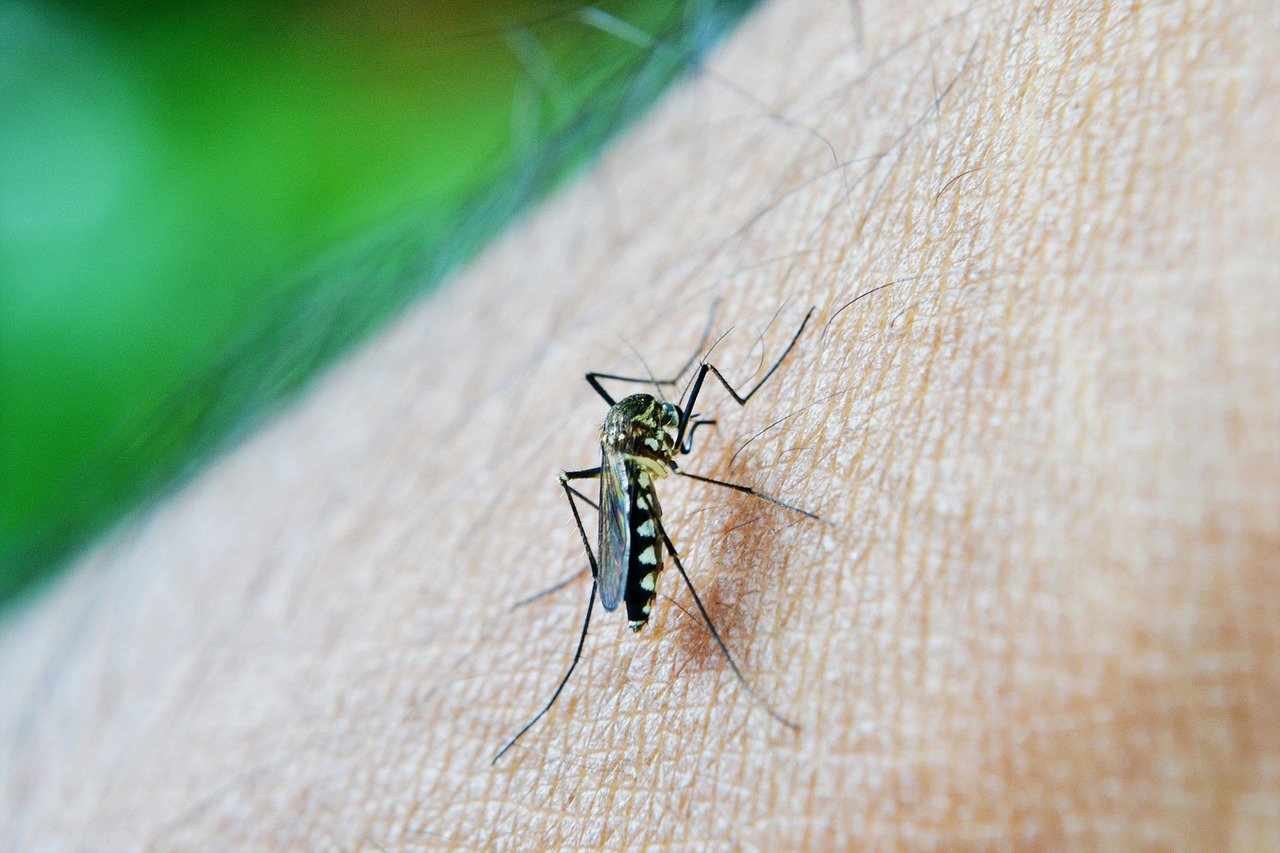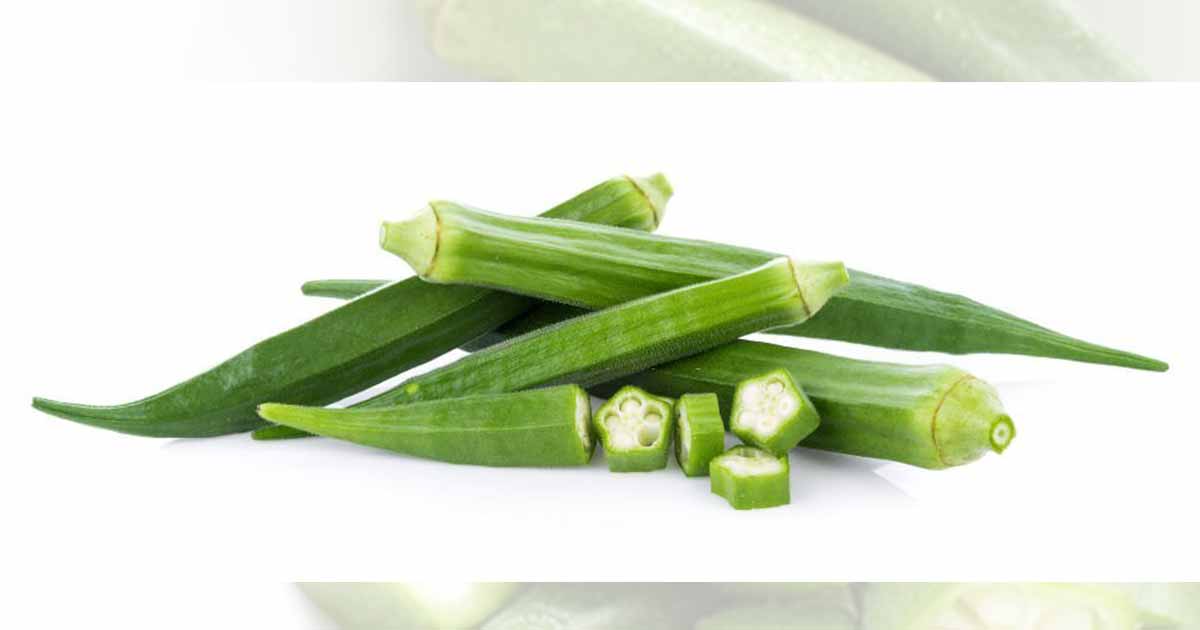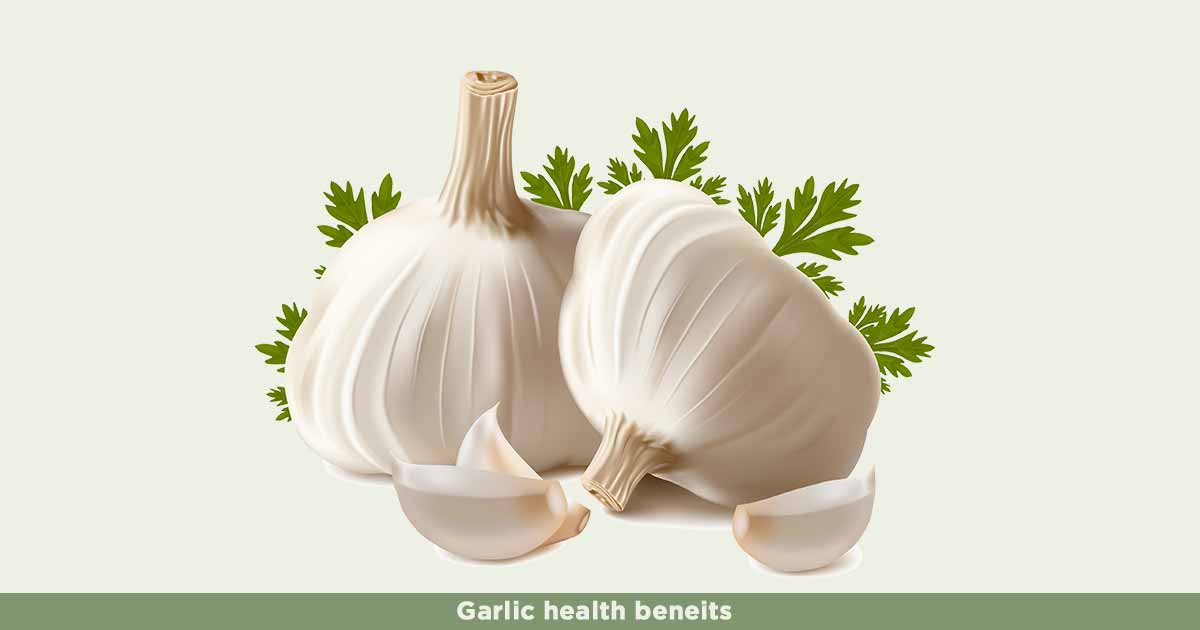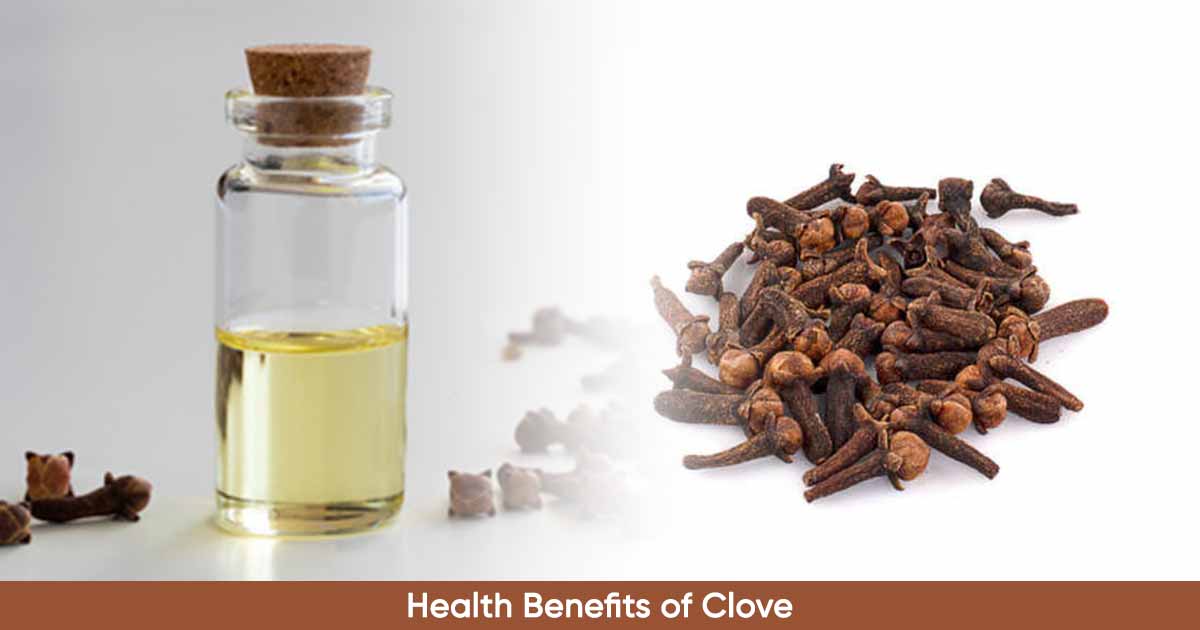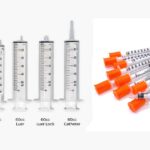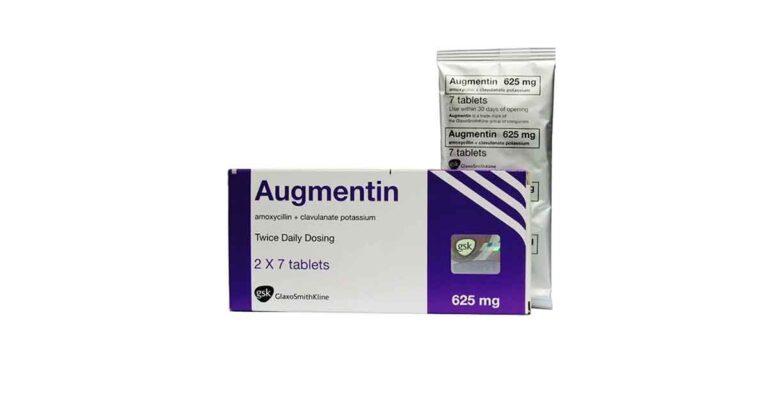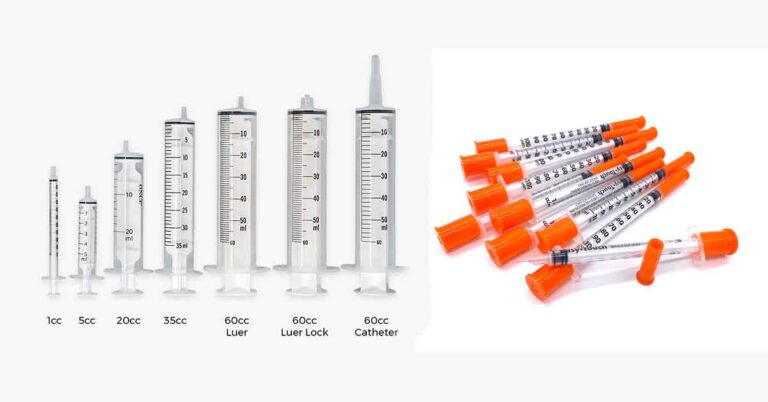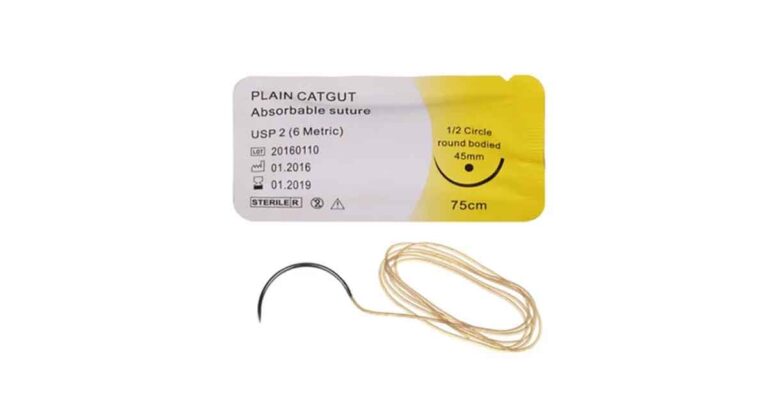There are so many debates about combining anti-malarial drugs and vitamin C. Different researches have proven that combining both vitamin C and anti-malarial drugs might actually be harmful in the treatment of malaria.
It has also been observed that taking vitamin A-rich fruits such as grapefruit, oranges with artesunate, and amodiaquine can cause a reduction in the effectiveness and potency of the medication. Ascorbic acid inhibits the anti-plasmodial action of ellagic acid and ketones.
How Vitamin C affects anti-malarial drugs
Vitamin C has a known anti-oxidant property. This means it donates electrons to the radicals found in the body, mopping up free radicals. In an actual sense, malaria causes oxidative stress in the patient, so vitamin C is supposed to reduce oxidation due to its anti-oxidant property. In the presence of glutathione, this mechanism actually happens because ascorbic acid works against heme-mediated cell toxicity.
However, in malaria, there is an absence of glutathione. This is due to the presence of parasites in the red blood cell, causing oxidative stress. Hence, ascorbic acid will tend to react with iron compounds, causing an increase in the generation of hydrogen peroxide or hydroxyl radical.
The increased oxidative stress causes lipid peroxidation of red blood cells. This will tend to increase hemolysis and decreased viscosity of blood in malaria. The higher the dose of ascorbic acid, the higher the decrease in the activity of anti-malaria drugs.
As we posted earlier, vitamin C absorbs non-heme iron, a process that is good in the prevention of anemia but not malaria treatment. Vitamin C renders malaria drugs, especially ACTs (Artemisinin-based combination treatments) less effective.
ACTs such as Artemether/Lumefantrine are the first-line recommended by WHO (World Health Organization) in the treatment of uncomplicated malaria. ACTs require heme for activation. And the source of that heme is the malaria parasite’s heme biosynthesis pathway.
An iron deficiency that causes anemia has also been found to favor malaria treatment. Though the mechanism is poorly understood, it is widely believed this is due to increased red blood cell death and subsequent clearance from the body.

